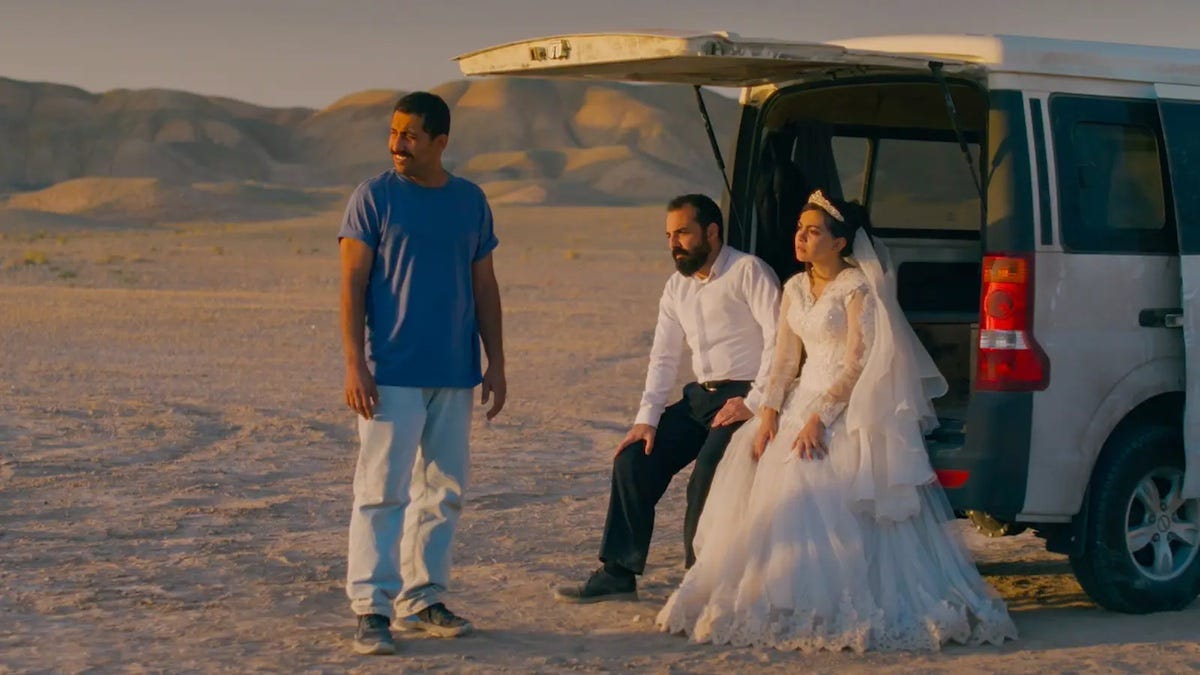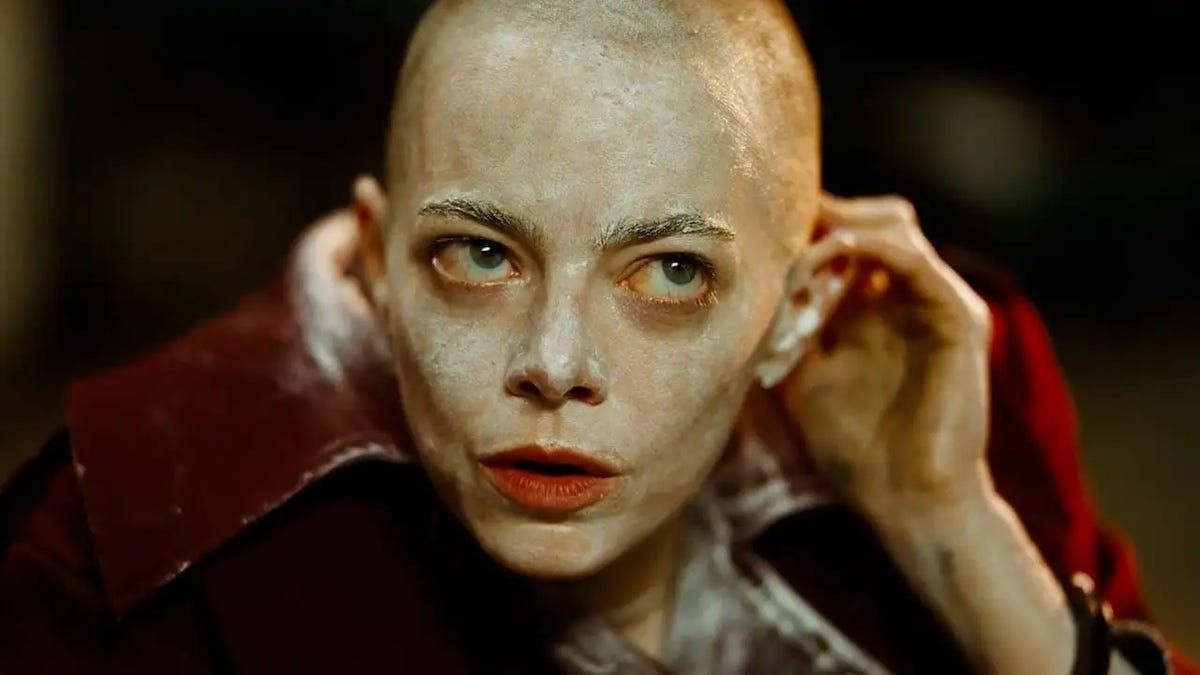It Was Just An Accident
A sensational film about trauma.
Plot in a nutshell
When a man, driving his pregnant wife and their 6-year-old daughter, has a small accident on the road one night, he seeks assistance at a nearby store. One of the owners recognizes him as someone from his past, a man who ruined his life. He takes it upon himself to exact revenge, but first he needs to make sure he’s got the right man.
Jafar Panahi’s It Was Just An Accident is an emotional account of what it’s like to live with trauma, and how different people deal with their trauma differently. The will it takes to not succumb to baser instincts. The struggle of doing the right thing and getting a sense of justice. What does justice even mean? Choosing to live in the present or letting your past color it entirely. These and so many more questions are tackled in a film brimming with quiet intensity from the first frame to last.
A small accident on the road creates an unexpected chain reaction of events that brings back old memories and traumas for a whole array of characters. As ever with Jafar Panahi, probably the greatest living Iranian filmmaker today, every one of these characters feel real with completely lived experiences. It’s easy to get attached to their stories after only a few exchange of words.
The genius behind the storytelling and the narrative buildup to what will surely be the greatest ending to a film this year also allows for It Was Just An Accident to act as a post mortem on modern Iran, people who are trying to live their lives and get by whilst living under the boot of an oppressive regime. In one of the film’s funniest scenes (yes, with such a sombre subject matter at its core, the film still finds creative ways to be refreshingly light and playful) two security guards exemplify how credit card terminals have replaced guns as the primary means of corruption.
I mentioned how Father Mother Sister Brother shouldn’t be viewed through the lens of its surprising Golden Lion win and I stand by that. It Was Just An Accident is different. Given Jafar Panahi’s personal history and battles against the Iranian regime, every review of it would do well to emphasize how it deservedly won the Palme D’Or at this year’s Cannes Film Festival. Taking top honors at the biggest festival will ensure that more people see a film that must be seen by everyone.
Fiction doesn’t get much realer than this.
Bugonia
An insanely entertaining anti-human experiment
Plot in a nutshell
A rich and powerful CEO of a pharmaceutical company is kidnapped by two conspiracy theorists who are convinced that she’s an alien on a mission to destroy humanity. In lieu of a ransom, they demand that she confess her true identity and make contact with her mothership before the next lunar eclipse.
Yorgos Lanthimos continues to remind the world why he’s one of the most singular visionaries working today. Bugonia is a wild ride, a few gears wilder than his previous wildest Poor Things. As a remake of the Korean film Save the Green Planet! (2003), the premise alone is a mouth-watering prospect for a director of Lanthimos’ sensibilities. It turns out his muse Emma Stone is the perfect fit for the role of Michelle, a no-nonsense CEO who embodies every habit of corporate success personality and has the arrogance (or is it confidence?) to try and control the room even when she’s tied down in a basement.
Jesse Plemons, it also turns out, is equally perfect casting as Teddy, the brains behind the abduction operation, who has abandoned everything and everyone in his life — including basic hygiene but not including cousin Don (Aidan Delbis) — to fully devote himself to contacting the aliens.
The film works as a museum piece that stands out in the gallery. You walk by and can’t but not stop and stare, fascinated, disgusted, amused and entertained all at once. It blends genres more deftly than any previous Lanthimos film (that’s that Korean influence), juggling hilarious dark satire, shocking torture porn, conspiracy thriller and absurdist sci-fi all at once. Some pins are dropped, it wobbles in parts, but it mostly stays, astonishingly, intact. That said, it works best as a hysterical absurdist critique on corporate culture. A bit on working hours, Michelle’s inability to not converse in management speak, these are the moments that stick their landing best.
It has a much bigger and deeper message by the time it ends (and what an ending!) which can’t be discussed without spoilers. Where the film loses me is in its lack of humanity. In that way, even though it may be the best scripted Lanthimos film yet (credit to Will Tracy on the adaptation), it was hard to emotionally invest in any of the characters. The heart does go out to cognitively-impaired Don, who ironically represents the best of humanity in the story, but it’s not enough when so much of the story’s oxygen is reserved for Teddy and Michelle.
In that way, it reminds me of Lanthimos’ more cold and calculated films that are devoid of emotion that I couldn’t connect with, like The Lobster (2015) and The Killing of a Sacred Deer (2017). Bugonia is, thankfully, much better thanks to how well it’s held together by the fantastic performances, remarkable genre-juggling script and intellectually provocative commentary on humanity’s modern way of life.
Spellbinding as a painting in a museum, with touches of the sublime even, but I’m not sure I’d hang it in my house.



